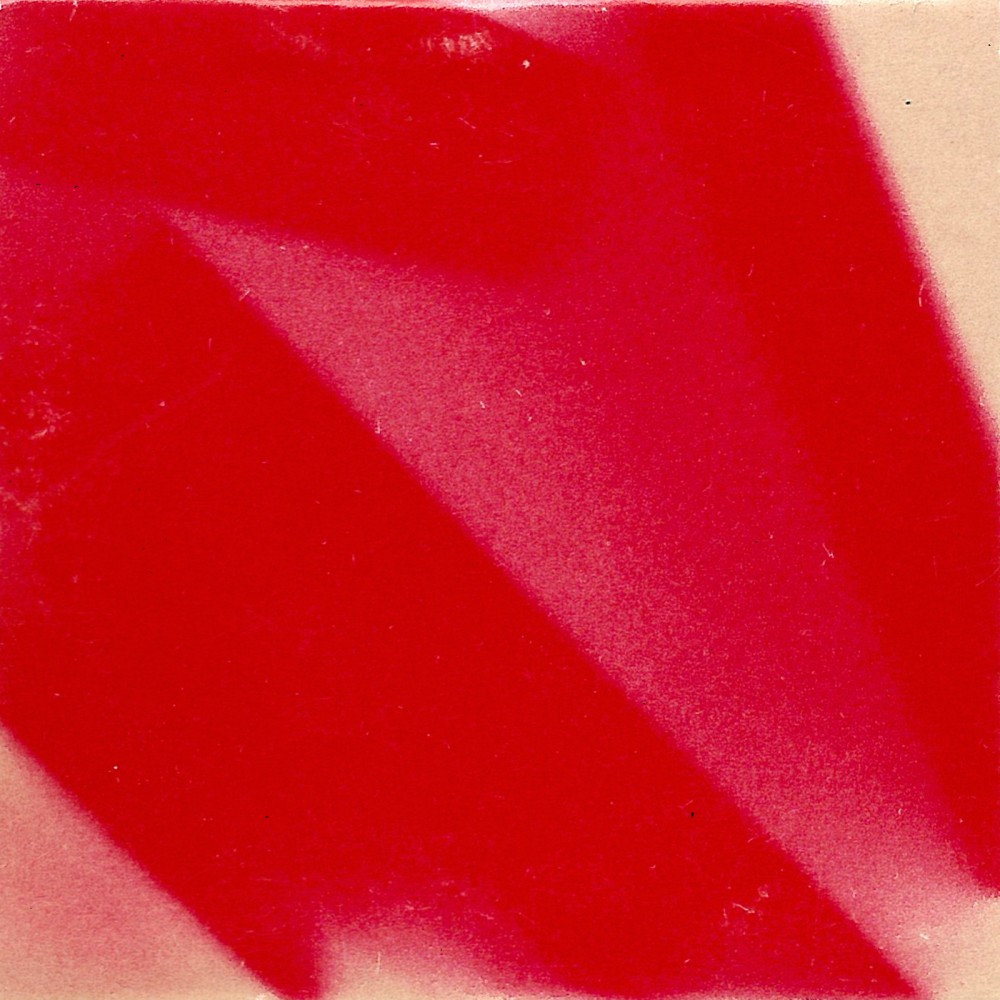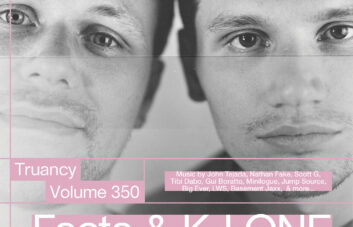It’s amazing that there are legends walking among us today. It’s astonishing that a Theo Parrish record on his own label can fly slightly under the radar when music appears to be at its most available. It’s astounding that twenty years into the game, the Detroit luminary would continue to blow us away with his recent Gentrified Love series. Coming up to its first birthday, the series has presented three 12” records thus far, each bringing its own guests and collaborators into the fold such as ex-Parliament-Funkadelic member Amp Fiddler, Waajeed of Dirt Tech Reck and Duminie DePorres who has previously released on Parrish’s label. Amp Fiddler returns for both tracks on Gentrified Love Part 3, writing “Trust” with vocals from American Intelligence guest Ideeyah. The track’s title is also its lyrical refrain, sang in such varying ways so as to explore both the graveness and futility of trust over the beat’s steady pump. Its piano and organ keys run away with the proceedings, imbuing the track with its snappy flavour and improvised feel.
“My Soul” is where things really go beyond the boundary however, playing on the quirks and alchemy of Parrish and Amp Fiddler’s collaborative magnetism. Straight away the texture and kineticism accomplished in the drum work impresses, and then comes the track’s constant: A distorted, all-vowel vocal loop continuously jitters and refracts like rays of light in optical fiber. Chords and melodies whir away in the background as noisy fuzz is interspersed at intervals as seasoning, as opposed to interruptions. A build-up into a soul breakdown arrives from nowhere, though the hi-hats and white noise stick around to maintain the momentum directly into the percussion’s breakaway dribble once more. At some point the foreground and background switch places and the tune orientates itself towards glass-sharp synth atmospherics in a devastating climax, drawn out to last forever. The epilogue is on constantly shifting ground, the track’s intricacies pulled into the light and lingering on after one final soul sample breakdown. The eleven minutes of “My Love” are up there with the most exciting, disorienting and dizzyingly brilliant to hear this year.
After listening to music for so many years, encountering a record that confounds and confuses is one of the most refreshing things that can happen. Krutch, the new LP from Yeah You on a big favourite label of ours, Slip, is exactly one of those records. Krutch can be intense and jarring, but somewhere parked alongside the brutality is a satisfying, poppy allure. Yeah You are a father-daughter duo from Newcastle-Upon-Tyne and the new album follows up their debut on Slip last year, Id Vendor. Their music is largely improvised; You can definitely imagine the duo would captivate as a live act. Covering quite a lot of ground in half an hour, Krutch is largely comprised of tracks with wild, piercing vocals and harsh synth lines mingling with DIY electronic pop. The juxtaposition of “Skin (I Have Only Lived Once)” followed by “Pace” is the perfect example of this. The former is a noisy, dissonant affair with vocalist Elvin Brandhi’s stream-of-consciousness yelps providing flirtations with black metal. The latter is a fuzzy, intimate bedroom (or Renault Clio, where part of the record was apparently recorded) jam as catchy as some of the best Hype Williams tracks. “No More Metaphors, Hold Life Still)” develops that charm with its pure, unapologetic rawness. That aggressiveness underpins the whole record so that even the vaguely more subdued moments, such as “Discomfort”, still pack the punch that make Krutch one of the most bizarrely brilliant records you’ll hear all year and without knowing exactly why.
Ed Flis, AKA Duran Duran Duran, first caught my ear earlier this year when he appeared on Bintus’ Power Vacuum label. Hailing from Philadelphia, the American contributed to the third entry in the label’s Vectors compilation series, sharing a tracklist with the likes of Bleaching Agent, Pan Daijing and Beau Wanzer amongst other producers making moves in the scene. To be perfectly honest, it was his whimsical homage to Brummie new wave band Duran Duran that attracted me to listen to his first track. Not to get too much into his choice of alias, his initial impression was a lasting one; His track “Drap Jam” boasted heady, UK-inspired low ends as well as the funk that American electro is known for.
Fast forward about half a year and Flis drops his first LP on the same label. Mononymously titled Duran, the nine-tracker covers regions from breakcore to jungle to hardcore. In “Marathon Man”, Flis opens up a wormhole to what ‘90s rave would have sounded like – on steroids. Gabber-induced mayhem combined with the precision of his breakcore fetish makes for a bumpy but wholly satisfying ride, whereas in “Street Trash” he rustles up a sludgy, low-tempo jam in an uncharacteristically minimal way. The album almost serves as an ode to an Aphex Twin upbringing. If it’s pleasant surprises and sheer headfuckery you’re after, then you’ve come to the right place.
For whatever reason, the Regelbau affiliates have kept the music on their own labels (Regelbau, Help, No Hands) on vinyl. That’s not to say they’re anti-digital. Brothers Natal and Milán Zaks, also known as Central and DJ Sports respectively, have put out albums on Dekmantel and Firecracker that have seen multi-platform releases. But a new album from Olo (a new project from Natal) is the first record Help Recordings is putting out exclusively in the digital format. Of course, they’re selling it in their own particular way. To cop Hardcore, visit getdigitalfiles.com, where you’ll receive instructions on where to send digital funds, and you’ll then be sent an email link to the album. “Don’t trust us? Then you’re probably here for the wrong reasons anyway…” The category code for the release is HELP-OLO-GET-RICH. Suitably comical, it’s in the same frivolous spirit as anything else this crew has put out to date.
The music itself is just as accomplished and beautiful as the rest of the catalogue, digital or otherwise. Somewhere between house, ambient and new age, it opens with “Mattress”, a lush bed of sound that features droning chords, a thick, unctuous bass and distant, echoing claps that hint at a party happening far away, all faintly heard from a restful place. The utterly resplendent “Common Bad” is akin to “Love On A Real Train” (to use the most obvious point of comparison possible), while “S” follows the same path as many of the other Help releases: all shuffling percussion, melodious bass and other-worldly surroundings. The stretchy globs of “Point” make way for the clean lines and whispered samples of “Just A Dream”, while “Felst” recalls the housiest points of DJ Sports’s Modern Species. The album comes to close with a mournful gathering on “Instance”, sloping sounds and elegiac melodies combining to heartbreaking effect. Whether or not the digital aspect of this release warranted all the words above, it’s an interesting approach from a crew that seems to enjoy bubbling away just under the surface and outside the margins (despite a recent, well deserved Pitchfork feature). The music is just as good whatever the format, so everyone can enjoy Hardcore without worrying about scarcity, shipping or even owning a record player.
Words by Tayyab Amin, Antoin Lindsay, Jena Sivakuma and Aidan Hanratty.




